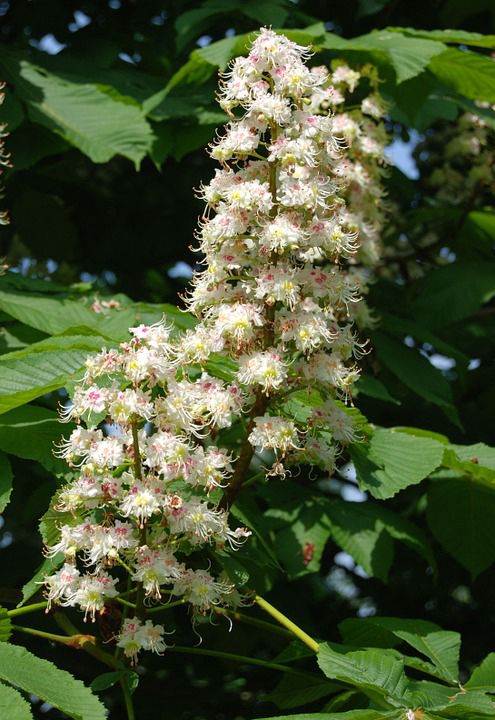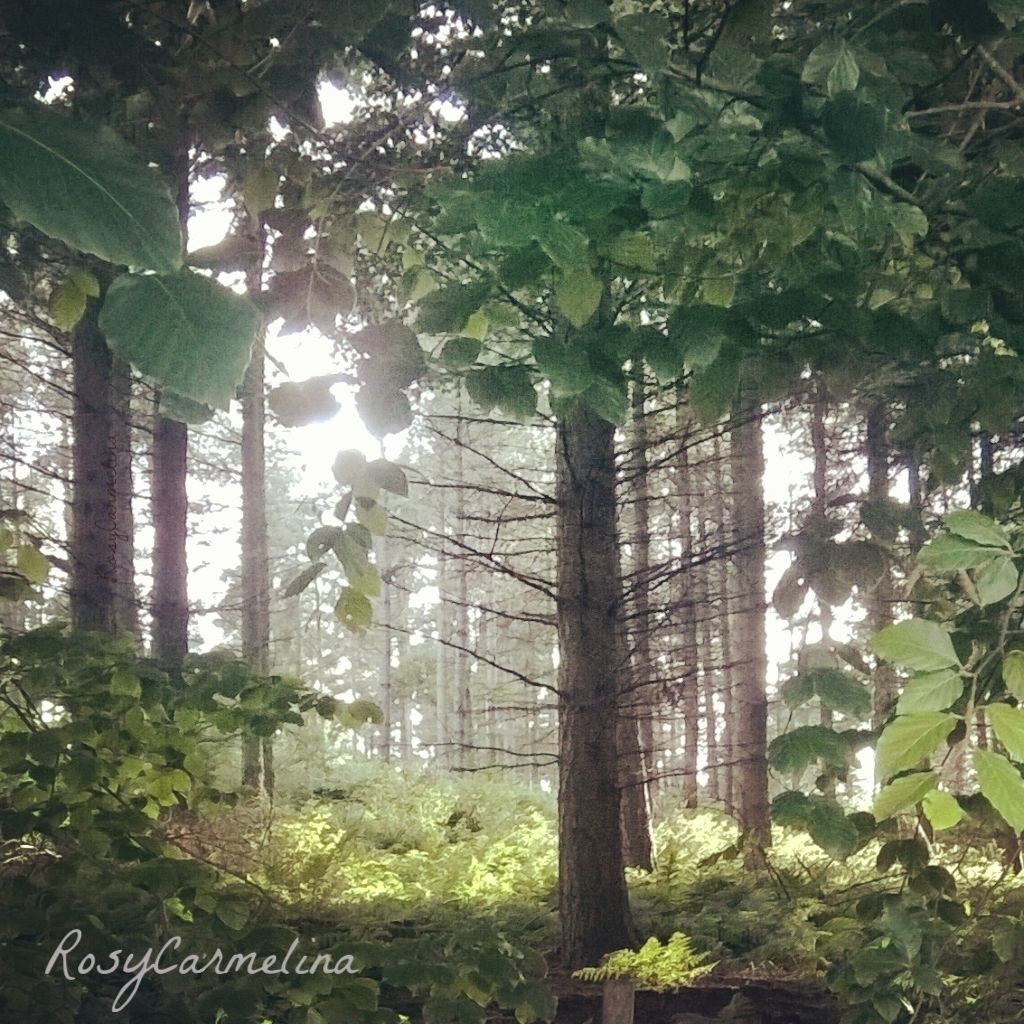11 - A bit Radical - Titus Brandsma
It was Titus Brandsma's birthday this week.
Titus was a journalist, a campaigner for minority culture and language, and fought for the freedom of the press under Nazism which brought about his arrest and death. His life is a lesson in living.
He was also a teacher of priests in training at the seminary in Nijmegen. If you watched him in September with the backdrop of chestnut trees outside the classroom window you might see, as his students did, the long blossoming stalks of flowers like a halo of candles round his head. Nature whispering.

This is an extract from his notes on 'Idealism in Training' showing how firmly he wanted to be rooted in reality:
" find clarity in the reality of the situation,
See things of everyday life
Not so much in the normal way, that has no impact,
But instead take in a more complete picture,
Especially seeing the thing that has no attraction for you to start with, and you'll always learn
In seeing.
Its the discovery and love
Of higher values than are usually found in the picture,
Not of something fictional,
But of something else that is locked within it."
Idealism in Training, 1929 (from TitusBrandsma facebook page for 21 Dec 2016)
If the young are often seen as idealists, young religious maybe even more so. He was concerned to anchor that, make it real and effective. Find clarity in looking at the whole picture. Question what you do not like. What makes you uneasy? What higher values is it calling for?The treasure is waiting to be unlocked in the text, context, subtext, of your situation.
The main concern of his study and his work was always peace. Is that idealistic? He looked at it from the micro and from the macro. He was aware of personal conduct, the individual soul's task, but he was concerned as well to see the conduct of nations and governments. Their success or failure of intent and action also require exercise of conscience:
A good relationship
And a harmonious cooperation
Between the authoritarian states and democracies
For the maintenance of peace is absolutely necessary.
I consider this as one of the measures most likely to ensure peace between peoples.
I think there is no reason to doubt
That such an understanding and cooperation is possible.
(approx transl from notes of Titus Brandsma, TB fb page January 2017.)
We got a convention of Human Rights, and the European Community held war at bay for sixty years after the second world war. It could be done. It was.
The UK on leaving the EU can and plans to leave the Human Rights Convention, to write its own version, just for itself, that therefore will not be upheld or protected for us by other nations. Rights do not exist without enforcement. They do not exist in and of themselves. They can be rewritten, and written out.
The uk will now leave the body of European countries that have resisted outright war within its borders for my lifetime, and brought peace in a kingdom that is barely united. The fault-line is being redrawn. The border is being brought back. People will once again be on one side or the other.
We know where danger lies, and where fear resides. We know how hard a tentative peace is to win. And we are removing the collective that supported peace, funded peace, and held the balance of our peace for our lifetimes. Is it possible that we don't care? Do we think war only touches 'the other' and not ourselves? It always reaches me, you. Always.
In reality, this situation is terrifying.
In his speech at Deventer on Armistice Day 1931 entitled 'Peace and Peace', eleven years before his own arrest by the Nazis for refusal to capitulate to press restrictions:
"Love the people who hate you, do good to the people who persecute you."
"I know this message for many people in our world now
Is the voice of one crying in the wilderness,
But to you, who loves peace,
Who can understand me,
Can understand that peace finally has to grow from the spirit of the many, the people.
I have this word of Christ, so you can hear it, even if it is a bit radical, even difficult to implement, it is still the way to go.
This is the direction in which our work for peace must go."
'Peace and Peace' from TB fb page December 2016, forgive my poor translation. The original in Dutch is to be found on the bilingual Titus Brandsma facebook page.
As a priest, he understood the mechanics of institutional grace and institutional sin as well as the personal.
He spent his last birthday in a concentration camp, suffering torture, living his faith.
So the image of him with a halo of flowers given by the tree occurs within a bigger picture, of which he was aware and which he addressed concretely. An image of ideals lived up to in the hardest circumstances, arising out of realism. A vision that encompassed reality and higher ideals, that is hope embodied, hope in action, ultimately, love in action.
Inhabit the scene you are in. Bring yourself into integrity. See clearly the reality of where you are. Learn to love the discovery of higher values, and love these values.
Even if it is a bit radical, even difficult, it is the way to go.
A challenge thrown down, or a path lit?

Talk about Titus himself, his life and times by Fr Wilfrid McGreal O Carm
Bạn đang đọc truyện trên: AzTruyen.Top